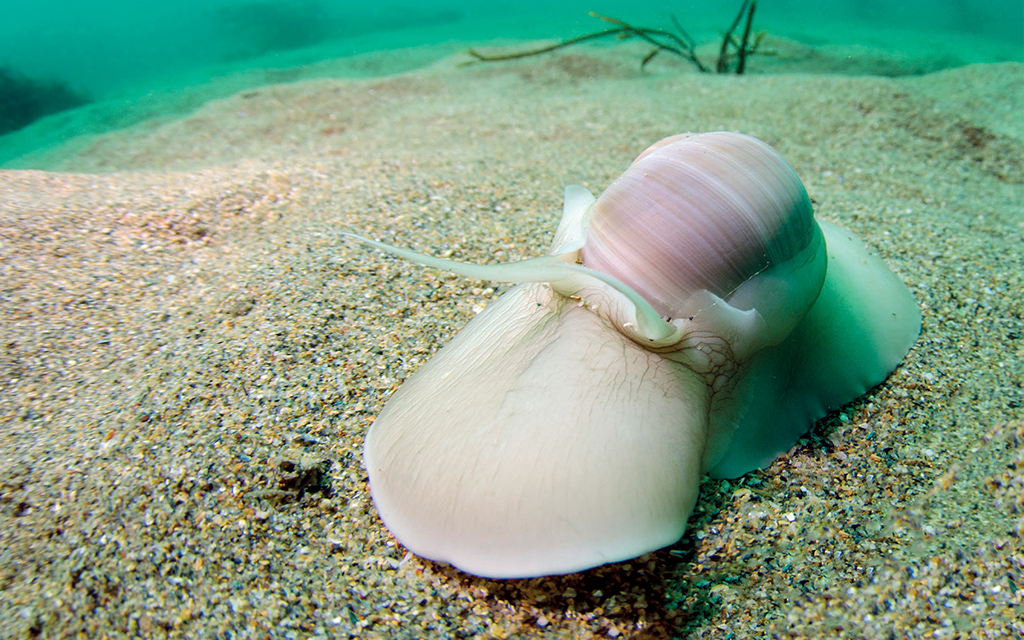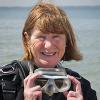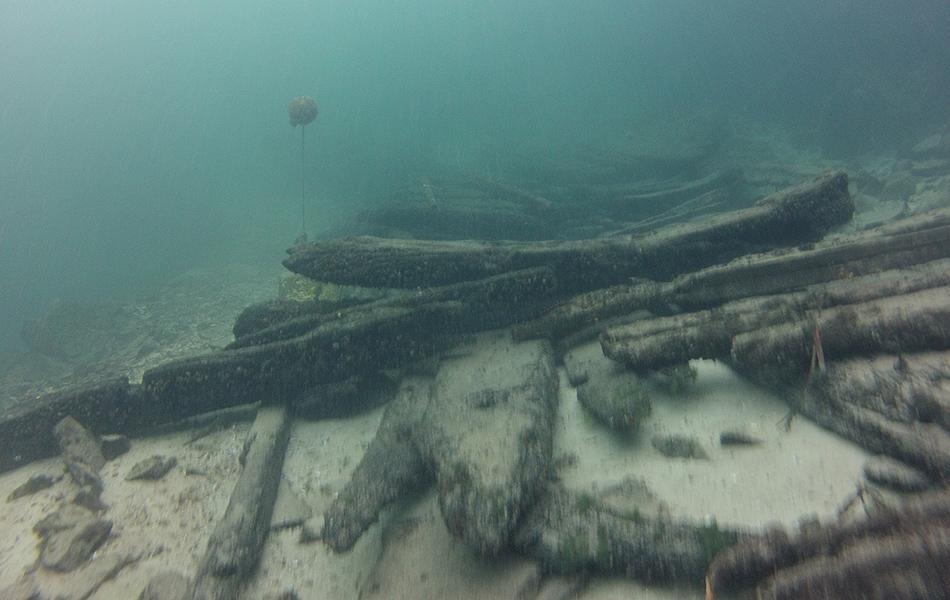
As BSAC celebrates its 70th anniversary, the club’s Heritage Advisor Jane Maddocks looks at our tradition of project diving.
BSAC is 70 years old. Wow! We have moved from fetching neoprene wetsuits with dashing yellow tape on the seams, the glories of the twin hose regulator, and the big, fat, low pressure single cylinder to sophisticated, streamlined, even heated, drysuits and dry gloves.
In warmer waters, the wetsuits are a range of dynamic colours, the equipment is so easy to use, and mini cameras mean that everyone can record their amazing dives and post them on the web for everyone to see. Now we can enjoy an amazing choice of cylinder configuration, rebreathers, and computerised dive management systems.
One thing about BSAC members has remained constant over the last 70 years. We are explorers. We adopt new technologies and still enjoy the excitement of diving a wreck, seeing marine life, and perfecting our own diving skills.
It is this constant of enjoying the diving that makes a bridge between the last 70 years, and the next.
So, what’s on your diving agenda for the next 18 months? ... there’s much that you can get involved with
One of the excitements about new technologies is that they make doing more with our diving really within reach. It is unlikely that there will ever be another Mary Rose event, in which some 500 recreational divers made a substantial contribution to the location, excavation and recording of that amazing ship. But we have stuff now that can make the whole underwater scene accessible to the world.
So, what’s on your diving agenda for the next 18 months? If your diving is branch orientated, or if you are undertaking projects with a group of friends, there’s much that you can get involved with. If your passion is wreck diving, then please think about your favourite wreck. Do a 15-40 second video recording what you see or take stills.
Send them to me, and I can put them onto the database that is set up to record our irreplaceable resource that is the UK’s array of shipwrecks. If photogrammetry is your scene, again, please send images to me so that they can go onto a wreck database supported by the heritage agencies. You keep copyright – but it records exactly what was in existence, and when.
You could also plan to contribute to the massive new citizen science project that is the Convex Seascape Survey. BSAC publicised this in August on social media, but here’s a quick reminder if you missed it.
The Convex Seascape Survey is an amazing citizen science project run jointly by the Blue Marine Foundation, Exeter University and Convex (a large insurance company). This is a fantastic opportunity for all our divers anywhere in the world to make a difference to our understanding of soft sediment seafloors. So, how do you get involved?
When you dive, take photos or short videos of any soft sediment seafloors on any continental shelf, anywhere in the world. Then send the images to Exeter University where they will be analysed by scientific research staff.
If you are worried that you might not recognise the soft sediment seafloor, don’t be. That is why Exeter University have their seafloor scientists checking the images and inputting the data. Send what you think fits the bill. If it does – wonderful, if not the data won’t be entered.
It is part of a five-year project, and the results are going to be useful in looking at the effects of climate change. The even better news is that you can combine it with wreck dives and scenic dives. Diving with a purpose is such good fun, and doing something towards understanding seafloor carbon capture is even better!
Check out convexseascapesurvey.com/citizen-science/
Perhaps you could also plan to join in with Seasearch and become a Seasearch Observer, on the way to becoming a Seasearch Surveyor. Doing some introductory courses with the Nautical Archaeology Society could transform what you do underwater.
You may want to get to grips with BSAC’s Marine Life Appreciation course or start the Wreck Appreciation and Wreck Diver courses to enhance skills.
However, diving is more than just training and doing courses. I believe that diving is a way of travelling to fun, excitement, and exploration. It is a tool that can take us to places that we are lucky to see. Enjoy. Who knows what the next 70 years will bring?
Article by Jane Maddocks first published in SCUBA magazine, Issue 139 October 2023.

 Author: Jane Maddocks | Posted 26 Oct 2023
Author: Jane Maddocks | Posted 26 Oct 2023



